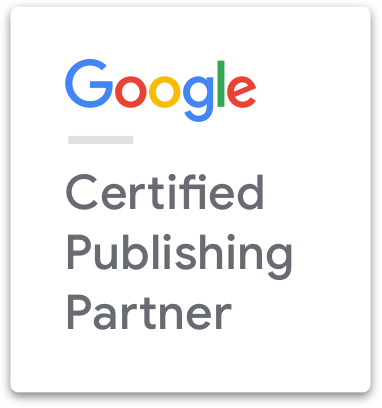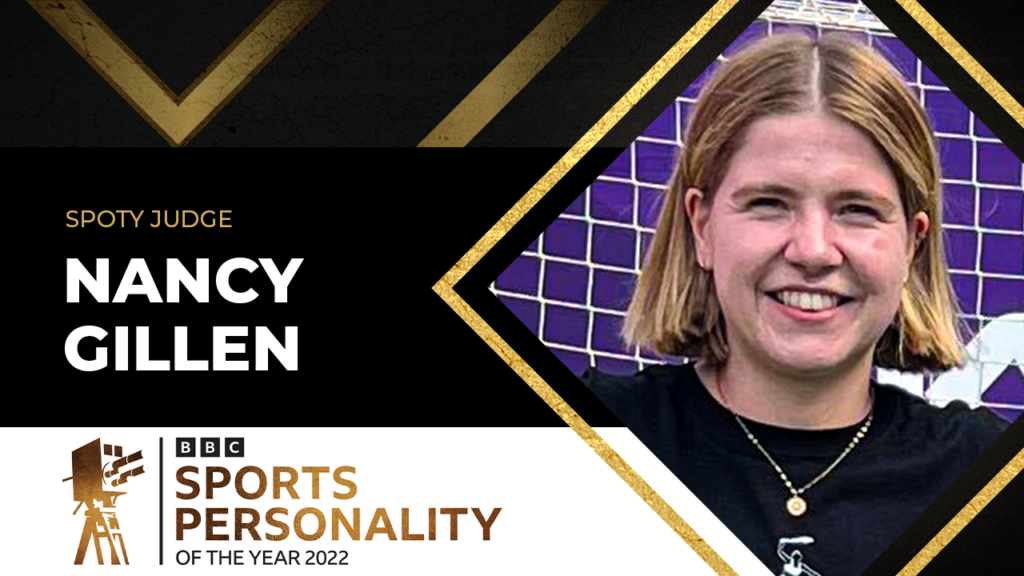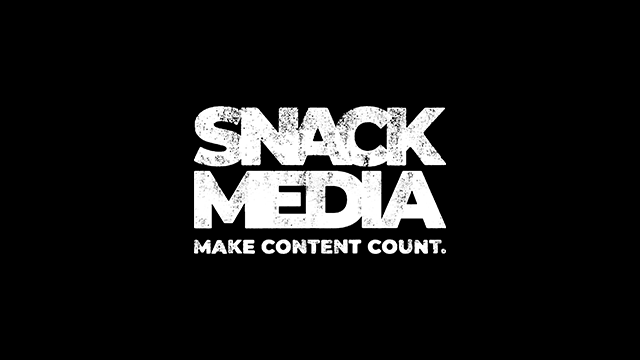Women’s football has seen major developments over recent years which has helped it evolve around the world and the UK to become one of the fastest-growing sports in the country.
Attendance has continually been growing in Women’s football in the UK, making it an attractive prospect for sponsors. This has also resulted in ground-breaking competitive broadcasting deals as well as raising awareness around the sport.
Not only are viewership figures rising through TV coverage, live attendances have risen over all competitions such as the FA Women’s Super League, FA Cup Final all the way to the World Cup. To put this into perspective, in 2013 the FA Cup final was held at the Keepmoat Stadium, Doncaster where 4,988 people attended the game. Fast forward to 2017 and the Final was held at Wembley Stadium with an overall attendance of 35,271. This shows that the interest in Women’s football is rising significantly and with this comes substantial commercial opportunities for sponsors which have no doubt contributed to the growing participation figures in grassroots competitions.
The UEFA Women’s Euro 2017 coverage will be hosted on Channel 4 after they beat the BBC to the rights. The tournament, which starts on 16th July, will be hosted in the Netherlands. Channel 4 will be showing 31 games, these include all the games which feature GB countries. Scotland is making their competition debut and has been drawn in the same group as England, Portugal and Spain. The game between the two teams takes place on the 19th of July.The coverage will provide fans with unprecedented access to the tournament, with the broadcaster hoping to inspire the younger generations and build more interest with families.
Working alongside TV coverage, social media will have a significant impact when building awareness and getting fan interaction. Professional women footballer’s social media presence is becoming increasingly more prominent. Alex Scott, Arsenal Captain, has attracted 80.7K followers; England’s Captain, Steph Houghton, has 88.4K; and Toni Duggan, who released news of her transfer to Barcelona over the weekend, has 114K followers. Footballers have a significant social media following and as a result, reach. Using the social media of England’s players will help to build awareness for upcoming games in the competition. This also means that sponsors of the players will gain significant recognition if they are seen wearing or promoting their product online.
Not only will social media be used by players, it will also be used to live stream the competition on a range of networking platforms. Geo-Tagged filters will be used throughout the tournament, allowing fans to produce their own content for others to watch in real time. These types of filters can also be produced by advertisers, letting them build knowledge to the idea that they are one of the official sponsors of the UEFA Women’s Euros.
To show the impact social media can have on engaging fans, The Lionesses’ official Twitter account has teamed up with Little Mix to get fans to ‘salute’ the team off. This is a well-targeted campaign. It is attracting interaction from Little Mix’s fan base which ranges from ages 12-18. It is also being promoted by the England team players, each of which is gaining huge engagement from previous players, organisations, presenters and shows who are all getting involved and sharing the message.
There are 9 official sponsors for the competition including Adidas, Carlsberg, Coca-Cola, Continental, Hisense, Kia, McDonald’s, SOCAR and Turkish Airlines. Each of these has a significant role to play in helping the organisers of the competition produce a successful tournament.
In the UK, McDonald’s are the exclusive broadcast sponsor. Pre-roll will appear around live broadcasts on all 31 games which are available to watch, alongside highlights programmes. Kia has provided 80+ cars this week to help transfer individuals around the Netherlands. As a result of this Kia will be getting a significant amount of exposure. Companies who would like to sponsor the UEFA Women’s Euro’s are significantly rising due to knowledge around the growth and potential reach they will gain as a result.
In the lead-up to the competition UEFA, broadcasters and sponsors have all launched a range of campaigns, the main being “Together #WePlayStrong”. UEFA is on a mission to make football the number one sport for women across Europe by 2020. The governing body released the campaign ahead of the Women’s Champions League Final in Cardiff. The campaign aims to increase the participation in the sport among the teenage demographic – 13 to 17-year-olds. It is purposely targeting this age range due to research conducted by the University of Birmingham which found that playing football significantly boosted confidence, happiness and self-image amongst young women and girls.
Other campaigns include Channel 4’s advertising campaign which includes 17-year-old Liv Cooke – the UK’s first female professional freestyle footballer. This was first shown on the 29th June and will carry on throughout the first stages of the tournament. This advertising campaign has been produced to build awareness of Channel 4’s TV coverage of the fixtures. Since the release, it has had a significant reach and engagement on social media.
Another engagement campaign is the Panini Women’s Euro 2017 sticker collection for the tournament. It’s the first time the competition has been backed by an official sticker collection. Panini has printed 334 stickers for this year’s collection featuring players from the 16 teams along with facts, biographies and a double-page spread on the history of the game. They have also launched a digital trading card collection in the format of a desktop online game that can be experienced via mobile app and Facebook.
With the growth in Women’s football being seen on all platforms as well as development being driven into the game, it is the perfect time for sponsors to invest in the sport as awareness, participation and viewing figures all rise at a significant pace.





